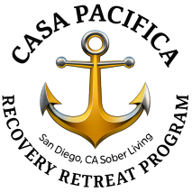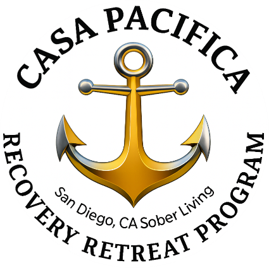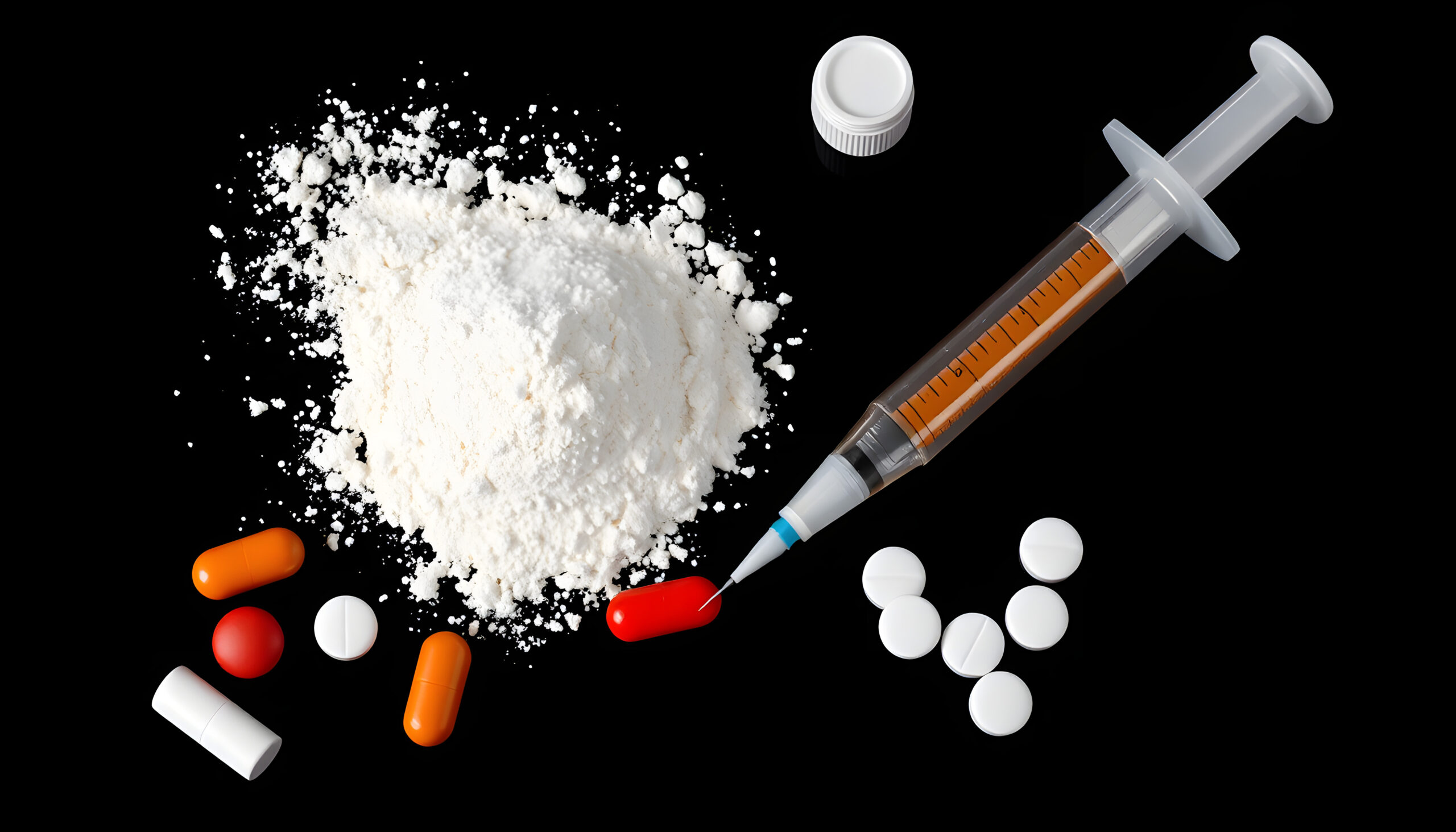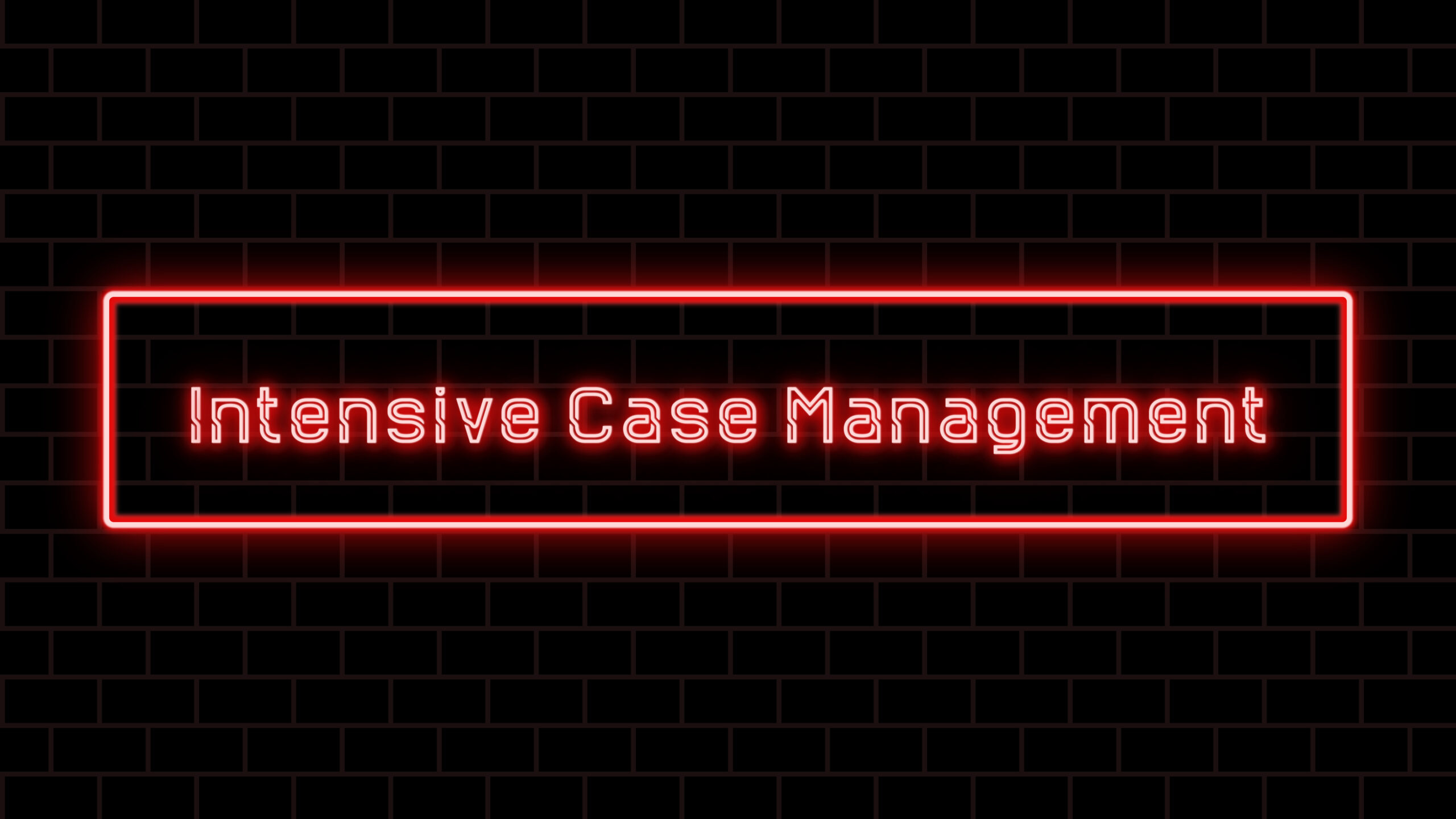The Most Addictive Drugs: What Makes Them Hard to Quit?
Table of Content
To a certain extent, substance abuse and neurochemical dependence are highly subjective medical conditions. For example, not everyone who is negatively affected by substance abuse will need to follow a treatment plan. Likewise, some people think or feel some substances are harder to quit than others. This subjective aspect of addiction treatment explains a maxim often heard in recovery circles: “The hardest drugs to quit are the ones you’re on.” Please keep this expression in mind as we review the substances with the most potential to cause neurochemical dependence.
Street Fentanyl
This is a blanket term for the current batches of illicit opioids that have flooded many American communities, causing a dangerous epidemic. In the neurochemistry context, all opioid derivatives have a strong potential to create dependency, from poppy (opium) tea to OxyContin and from injectable heroin to codeine syrup. The problem with street fentanyl is its formulation, which adds analogs and adulterants to make it more potent. The rapid onset and short duration of the effects of this substance cause a stronger reinforcement of the brain reward mechanism, which elevates the potential for addiction.
Stimulants
Stimulants don’t cause the same degree of physical dependence and withdrawal severity as opioids. Neurochemically speaking, cocaine, methamphetamine, prescription stimulants like Adderall and Ritalin, MDMA, and even caffeine should be “easier to quit.” Nevertheless, their effects on the central nervous system cause many users to fall into a psychologically powerful dependence. Stimulants are at their most addictive point when users take them to alleviate their intense comedowns.
Liquor
Ethanol molecules are highly effective when they cross the blood-brain barrier and interact with various neurotransmitters. Thanks to decades of clinical research on ethanol, we know its neurochemical mechanism is more widespread and complex than opioids and stimulants. Inebriation involves a broad modulation of neurochemistry and physiological processes. Ethanol dependence is holistically problematic for many reasons, including its harmful and long-term physiological effects. As with opioid addiction, alcoholism is more likely to call for clinical treatment strategies such as detoxification, modulation, medication, rehabilitation, and transition. Alcoholism recovery is challenging for many patients because liquor is socially acceptable and easy to obtain, which makes it even more beneficial to stay in a treatment center. Solana Beach men can rely on the compassionate professional guides at Casa Pacifica for companionship, coaching, and mentorship when they need help to recover from addiction to alcohol and other drugs.
Benzodiazepines
Ativan, Klonopin, Valium, and Xanax are among the most commonly prescribed psychoactive medications in the United States. They exert their effects by elevating dopamine and gamma-aminobutyric acid (GABA) levels in the brain. The flood of GABA creates a pleasant tranquilizing effect that can result in neurochemical dependence when benzodiazepines are abused. Many people easily develop a strong tolerance when they take higher doses. Stimulant users who take benzos to alleviate comedown stress are more likely to develop coexisting addictions that are particularly difficult to recover from.
Nicotine
Nicotine molecules undeniably trigger neurochemical changes in the brain that cause some physiological dependence. However, the psychological habituation of smoking is what makes it difficult for many people to quit. That morning cigarette with coffee, the after-meal smoke, and socializing with fellow smokers can have a greater effect than the neurochemical need. This is why smoking is the substance abuse disorder with the highest frequency of lapse and relapse.
Addiction impacts every aspect of physical and mental health, and it’s a serious problem that requires professional treatment. If you or someone you love is addicted to drugs or alcohol, seek help from a medical professional or another person you trust to help you explore options for treatment and continuing support, such as a sober coach. Solana Beach men who need help with forming new sober lifestyle habits can reach out to the dedicated team at Casa Pacifica Sober Living for the guidance they need. Give us a call today to learn how we can help.









